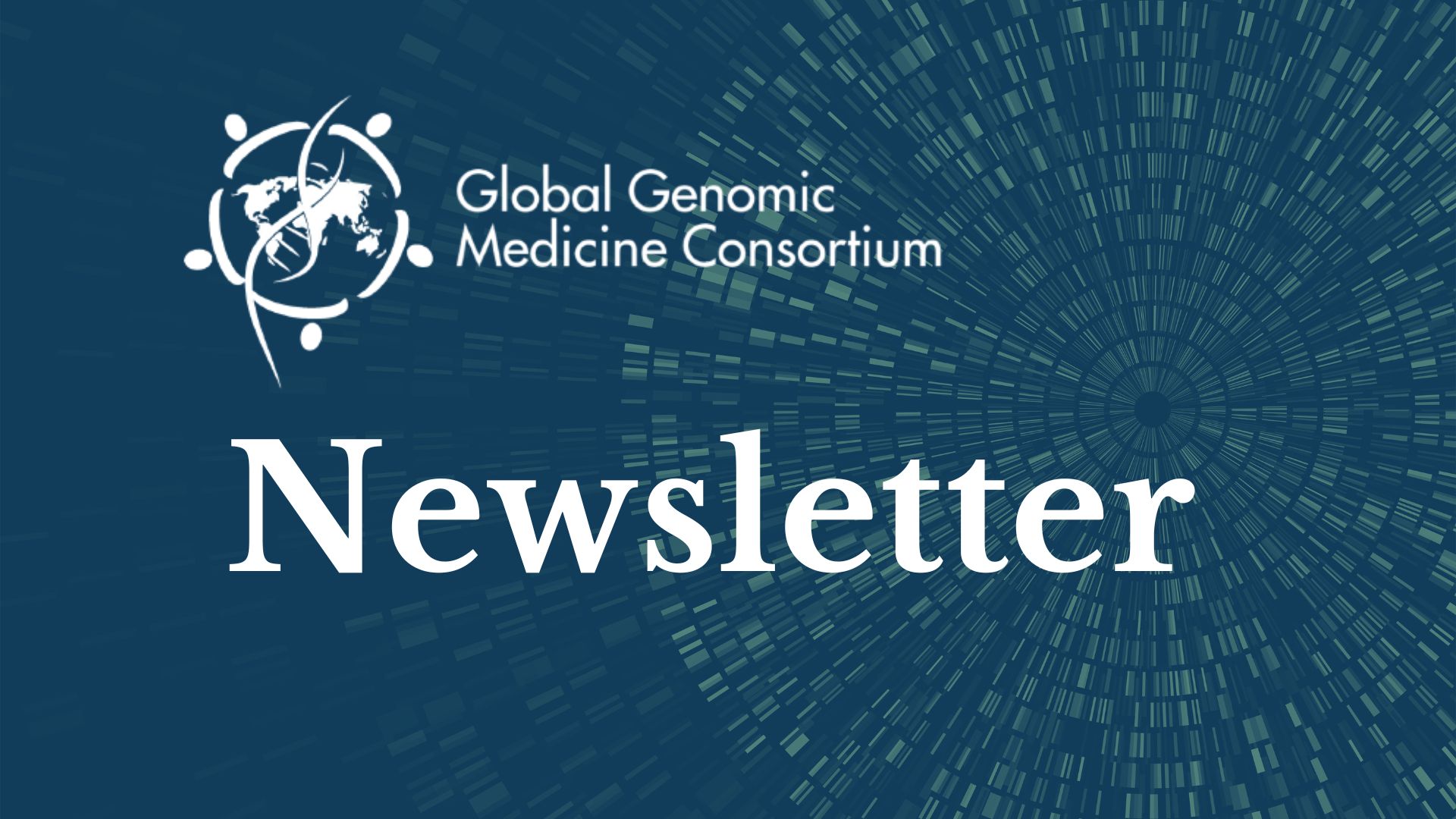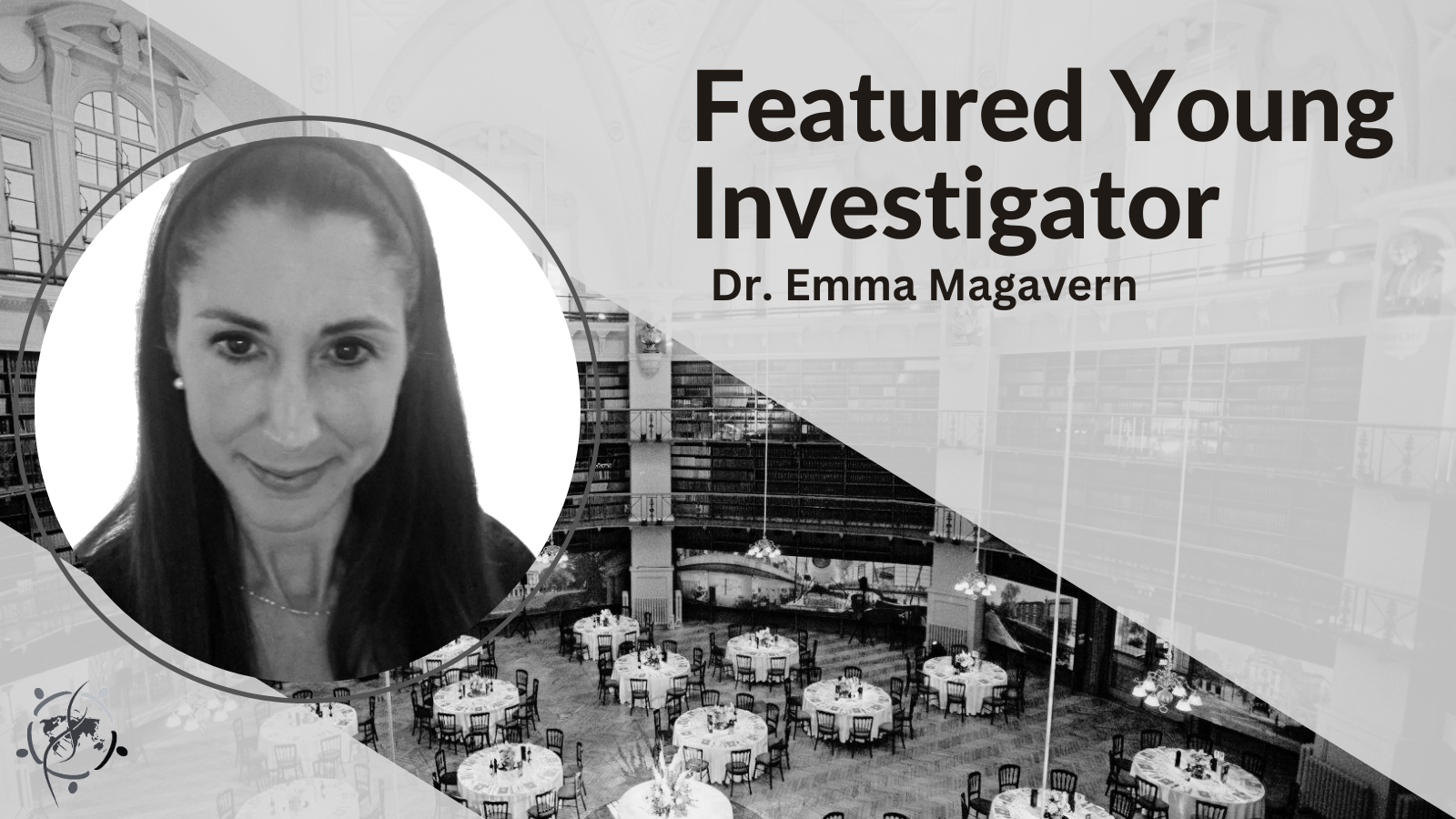G2MC Flagship Projects Updates

G2MC Flagship Projects are formed to address implementation and pragmatic clinical trial design of evidence-based genomic medicine, with a focus on underserved settings. Flagship Projects operate independently, but their efforts are supported by the G2MC Working Groups. Currently, three main projects are underway or in development. Continue reading for the latest updates on these projects.
If you are interested in being a part of one of the G2MC Flagship Projects below, please submit your interest using the Join Our Community form.
Family Health History
The Family Health History (FHH) flagship project is led by G2MC Steering Committee members and Flagship Project Co-Chairs Grant Wood and Theodora Katsila. This project aims to advance global recognition and implementation of family health history data collection tools and risk assessment methods among practitioners and patients.
Family health history – a record of the diseases and health conditions in a family – is an effective and inexpensive method by which healthcare providers can assess an individual’s overall health and risk factors for disease. However, a major effort is needed to obtain family health history data in a standardized format; find data storage solutions for easy wide-scale data input and sharing; develop risk assessment algorithms; and combine clinical, genomic, and environmental data to create new knowledge for patient care. By better understanding the needs in each individual country, the FHH project aims to promote the benefits of family health history for patient self-knowledge, family sharing, public screening, pre-screening for genetic testing in a clinical setting, and research.
During the May 6 G2MC International Conference Virtual Breakout Sessions, the FHH subgroup convened with interested conference attendees to discuss potential collaborations and share ideas and next steps for moving forward. Until the in-person conference in 2021, the work of the G2MC FHH subgroup will be to collect use cases to fully understand the needs of each location, identify funding and resources, build an infrastructure for data collection and sharing, and begin collecting data. Completion of these efforts will result in the availability of data to be used to inform testing, clinical decision support, and family-based care over an individual’s lifespan.
Rare Diseases: Applying Exome Sequencing in Low and Middle-Income Countries
The Rare Disease flagship project is led by G2MC Executive Team member and Flagship Projects Co-Chair, Alan Shuldiner, and G2MC Executive Team member, Vajira Dissanayake. The overall objective of this project is to enable low and middle income countries (LMICs) around the world to implement genome and exome sequencing in children with rare, undiagnosed genetic disorders. Exome sequencing (ES) is the standard of care for the molecular diagnosis of children with rare undiagnosed genetic disorders and has had a profound impact on diagnosis, early treatment and outcomes of patients and their family members. Unfortunately, this valuable diagnostic tool is not readily available in many LMICs.
This project aims to implement evidence-based clinical exome sequencing in children and adults with rare undiagnosed genetic disorders in LMICs by establishing a network of clinics in hospitals in areas in South America, the Caribbean Islands, Africa, Asia, the Pacific Islands and other LMICs where genome and exome sequencing would be implemented as a routine service to patients when clinically indicated.
During the May 6 G2MC International Virtual Conference Breakout Sessions, the Rare Disease subgroup convened with interested conference participants to discuss moving the project forward through a proposed collaboration with Regeneron – a biotechnology company that already employs a successful exome sequencing model – and other potential partners including the University of Maryland (UMD), and the Undiagnosed Diseases Network. The goal is to implement a minimum of ten clinical settings in selected regions across the globe within the next 2-5 years that will implement genome and exome sequencing in children with rare, undiagnosed genetic disorders. This effort will include education and training of local clinicians, potentially through collaborations with the G2MC Education Working Group, and will also include the establishment of a central coordinating center that will oversee administrative functions and harmonize efforts. In the longer term, the project seeks to establish hundreds of sites to seamlessly employ genome and exome sequencing that will drastically improve healthcare for those with rare and undiagnosed conditions worldwide.
Pharmacogenetics Flagship Project: EU-Africa Grant Proposal
The Pharmacogenetics flagship project is led by G2MC Co-Chair and Flagship Projects Co-Chair, George Patrinos. As part of this project, a grant proposal was submitted in June 2020 that would bring best practices from Personalized Medicine implementation from more- to less-resourced countries, specifically, from countries in the European Union (EU) to African countries. The grant was developed in response to a current EU funding call for a partnership between the European Commission (EC) and Africa to plan the implementation of genomic and precision medicine to advance the field in Africa.
Personalized medicine, also known as precision medicine, is the tailoring of medical treatment to the individual characteristics of each patient. Through novel pharmaceutical and biotechnology products and services, personalized healthcare is supporting new models of healthcare delivery with a wealth of new possibilities for patients and societies. Personalized medicine is of high priority in the European Commission research agenda, with significant funding devoted to these types of projects. With African populations being characterized by a large degree of genetic diversity, a large opportunity exists for utilizing genomics and other omics approaches to better understand the basis of inherited and infectious diseases in African population to improve human health. Furthermore, personalized medicine in Africa is gradually gaining momentum, attracting international interest as the governments of African countries are scaling up their investment in health systems.
This project proposes a collaboration between the European Union and African countries that will establish transnational projects and allow for the implementation of innovations and research capacities in personalized medicine that don’t currently exist across much of Africa. Furthermore, through the involvement of researchers in African countries, continental initiatives on the African continent will also get stronger and contribute more to global efforts at implementing personalized medicine.








